Tesla recently closed on the deal to buy Maxwell Technologies, which is a big, big deal. It’s another one of the laundry list of items that investors and analysts seem to not fully appreciate how much this may push Tesla even further ahead of the competition.
I covered Maxwell Technologies in my Batteries & Supercapacitors video, but now that Tesla has officially closed the deal, I thought it was worth a deeper dive. In case you don’t know who the company is, Maxwell Technologies is an American energy storage company that was founded in 1965. They’re primarily known for their commercial products and ultracapacitors. Their experience and production techniques they use in manufacturing ultracapacitors lead them to something they call the dry battery electrode technology for battery production. That innovation is the primary reason that Tesla purchased the company.1 There are several reasons why that’s a big deal.
When asked about the Maxwell Technologies integration at the Tesla Autonomy Day event, Elon responded:
“I mean, you’re really asking some super secret sauce questions here. Yeah. I think, we’ll have — I think we’ll probably have an Investor Day like we have an Autonomy Day maybe later this year or early next just to go over the cell and battery technology and future strategy. And I think that will be very informative, but we do recognize the criticality of this.” – Elon2
So clearly, there are some big things coming out of this deal. Here’s my take on all the information we have so far.
First, dry battery electrodes is an innovation in the manufacturing process of the anode and cathode that doesn’t require any liquid solvent in the process. This should not be confused with solid state batteries. Usually in the manufacturing of lithium batteries the materials are sprayed on with toxic solvents that then have to be dried or baked off. The solvents and process create off gassing and pollution, so Maxwell’s dry electrode process actually improves the ecological side of battery production. With the main goal of Tesla being to accelerate the world’s transition to sustainable energy, making the production process cleaner and more sustainable is a part of that goal.
Second, energy density. Batteries built using the DBE method show greater than 300 Wh/kg with a path to over 500 Wh/kg. By comparison, Tesla’s current battery technology, which is considered one of the highest densities available today, is believed to be around 250 Wh/kg.3 That means this technique could add about 23% to Tesla’s current battery density with room to double it. This will lead to vehicles with significantly more range. You’d be pushing Tesla Model 3’s to something closer to 400 miles per charge and it would go up from there. You could also keep the range the same and reduce the number of cells needed to achieve that goal, which would reduce the weight of the car and also the production cost.
Third, is battery life. The batteries are also showing improved durability with battery life almost doubling. Elon recently stated, “The current battery pack is 300 to 500,000 miles. The new battery pack, that will probably go into production next year, is designed explicitly for 1,000,000 miles of operation. The entire vehicle … battery pack inclusive … is designed to operate for 1,000,000 miles with minimal maintenance.”4 That’s a pretty bold statement to make and is clearly tied to the DBE method they just acquired, but I’m not convinced it’s solely on the DBE production technique.
One of the things that Maxwell Technologies touted as a huge benefit of their technique was that it can be applied to different cell chemistries. Tesla has been spending a great deal of time and effort on researching new chemistries themselves to reduce and remove cobalt from the mix. Their research group is lead by Jeff Dahn in Halifax, and they patented a new battery cell chemistry that is supposed to result in faster charging, discharging, battery longevity, and even lower cost.5 Jeff Dahn has been working on lithium ion battery chemistry for decades. HIs group used to have a 20-year research agreement with 3M, but in 2016 he associated with Tesla. And from reports they supposedly applied for this new battery chemistry patent sometime around 2017.
Why do I think it’s important to call that out? Well, it’s kind of like Reeses Peanut Butter Cups.
Tesla’s new chemistry with improved performance is the peanut butter. Maxwell Technologies DBE production method, which also offers improved performance and longevity, is the chocolate. Or maybe that’s the other way around. Regardless, with those two things combined you end up with something that could launch Tesla even further ahead of the competition. Or as Elon said … a battery pack rated for 1,000,000 miles.
And finally, another huge, massive, gigantic reason that Tesla purchased Maxwell: cost reduction and production capacity. Well, to be more accurate … it’s smaller scale. As I mentioned earlier, the typical battery production process involves using wet, toxic chemicals to create the cathode, which then has to be dried and baked off. That involves a lot of floor space and ovens for that step in the process. With the DBE method, you skip that step completely which results in a 16x production capacity increase. You’re able to produce a lot more batteries in the same amount of factory space. You also save cost by eliminating that step as well for about a 10-20% cost reduction.
Final thoughts
Tesla reminds me of Apple in a lot of ways. Both are companies that believe in full vertical integration. When you control all aspects of the product design and production, you can create truly optimized user experiences and achieve incredible economies of scale.
Apple has been design it’s own silicon for their iPhones, iPads, and Apple Watches for years now. They can tailor their silicon to support their software, features, and hardware capabilities, which means devices that have incredible battery life and still feel snappy. Tesla has been doing the same thing with everything from building their own car seats to the autonomous driving computer they’ve built for themselves. And with batteries being the most important part of an electric vehicle, it makes a lot of sense for Tesla to pull that in-house too.
The fact that investors and analysts either discount or completely ignore this as one of Tesla’s strengths is baffling to me. Tesla already has a tremendous lead over the competition when it comes to their motors, software, electronics, and batteries. With all the moves Tesla is making it looks like they’re extending that lead and continuing to out innovate the competition. If anything, I’d expect that to be exactly what investors would want to see.



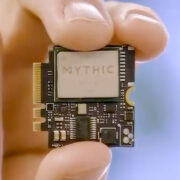


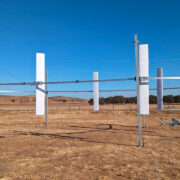
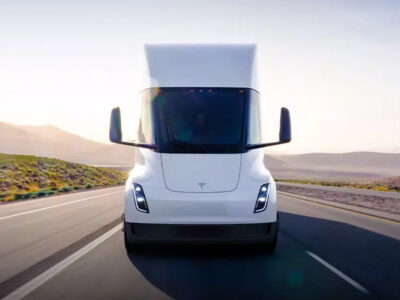
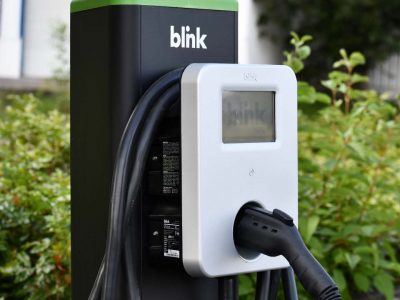




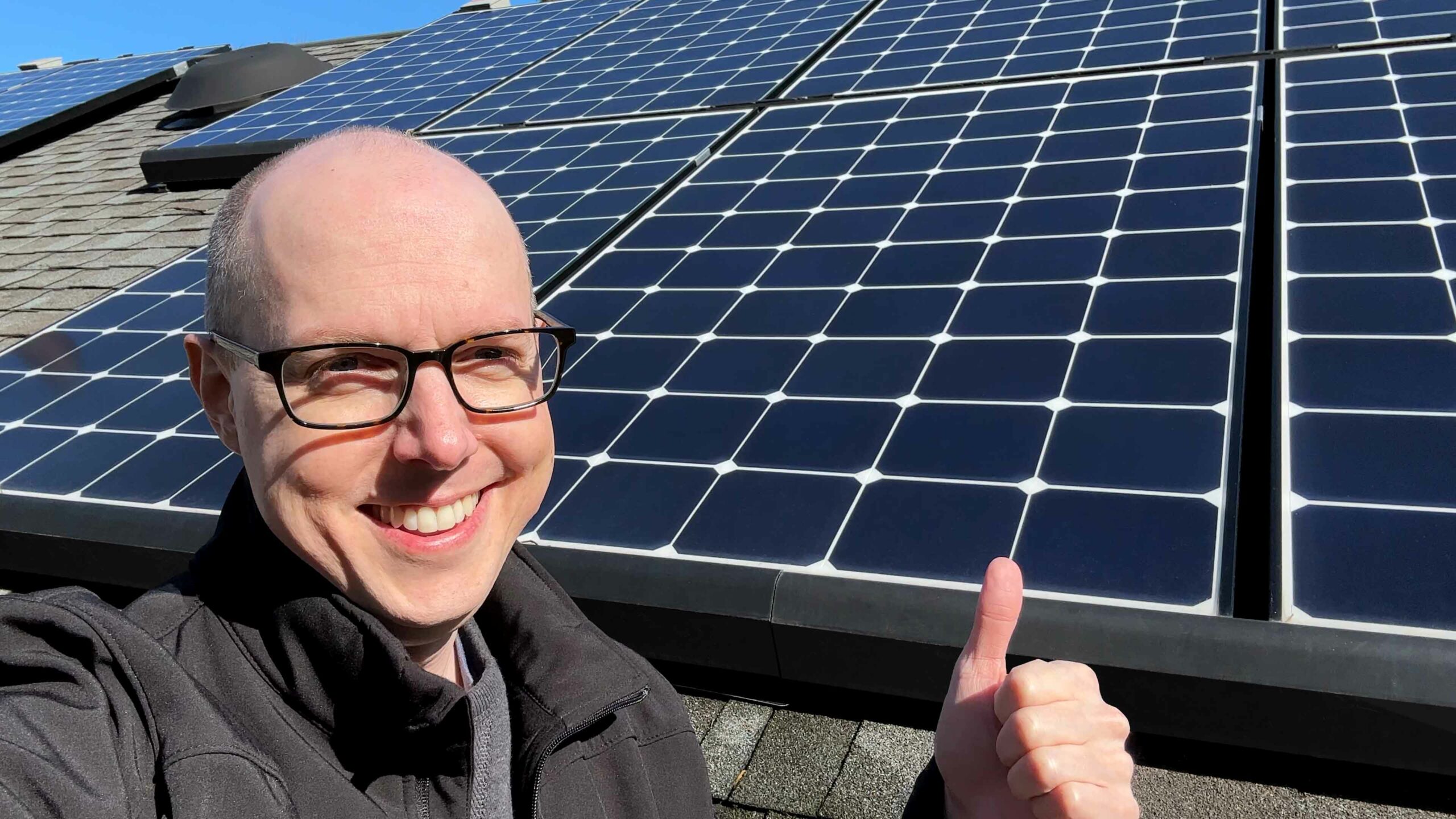

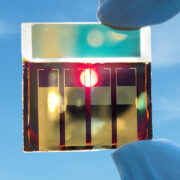
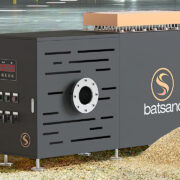
Comments